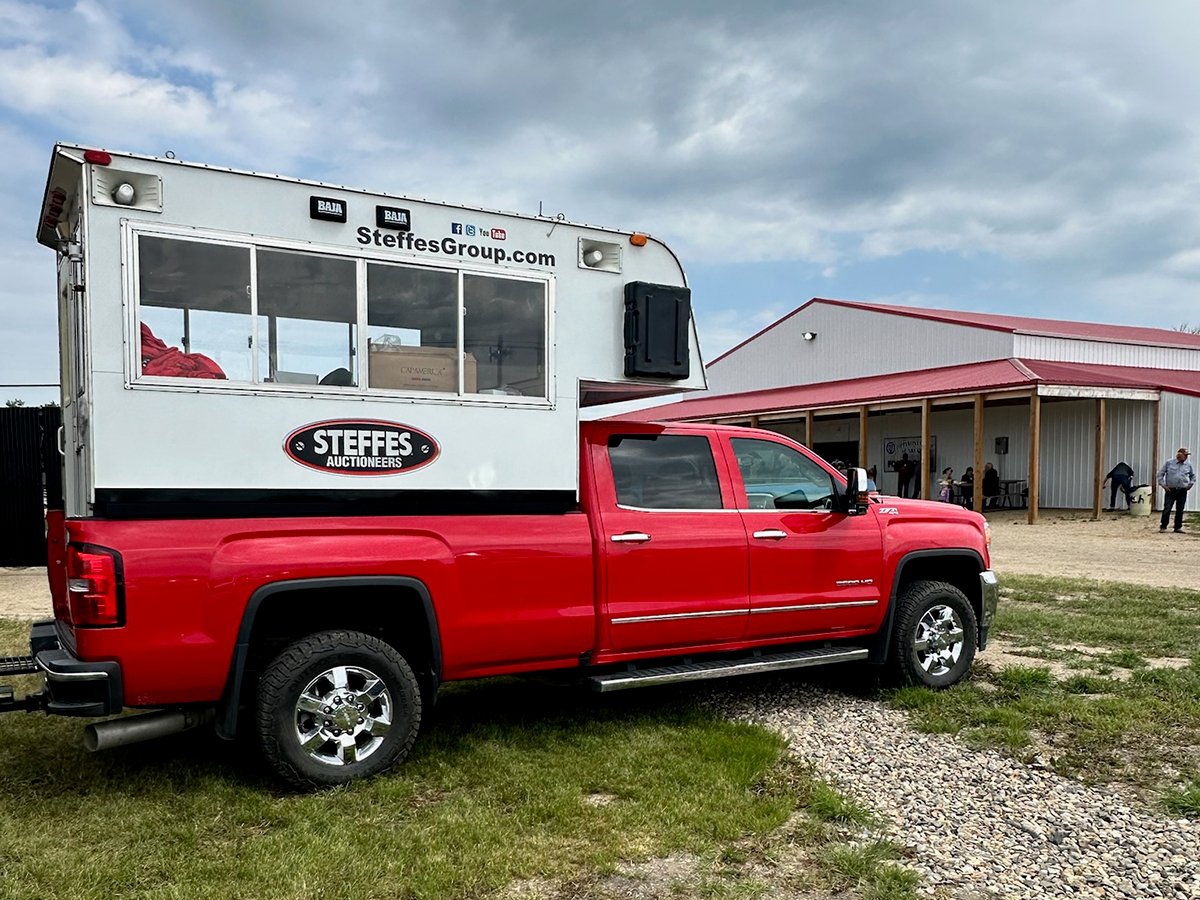Q: A reader purchased a condominium unit two years ago for his daughters. These units had initially been rental apartments and were converted to condominiums. The owners have not seen a budget for the condominium nor has a board of directors been elected. They have been told a board is only selected when a certain number are sold and that number hasn’t been reached. They are wondering if this is correct.
A: A condominium is formed when a parcel of land and the building or proposed building is divided into several individual units. Ownership of a condominium unit includes not only that unit but also a share of the common property (the hallways, stairs, roof, exterior walls, and the land on which the building sits.) Rules regarding the formation, sale and governance of condominiums are set out in provincial condominium property acts.
Read Also

Farm auctions evolve with the times
Times have changed. The number of live, on-farm auctions is seeing a drastic decline in recent years. Today’s younger farmers may actually never experience going to one.
The most common form of condominium developments are residential, but there is nothing in law preventing a commercial or warehousing condominium.
A condominium is formed by a developer filing a condominium plan at the local land titles office dividing the property into units. What must be included with such a plan is set out in each province’s laws. At minimum the developer-owner is required to file a survey plan, architectural plans and in some cases obtain approval of the local municipality.
In Saskatchewan, if an existing apartment is being converted to a condominium then the local municipality must be satisfied that the conversion will not significantly “reduce the availability of rental accommodation in the area” and that it “will not create significant hardship for any or all of the tenants of the existing premises.”
In Manitoba, when an existing building is being converted, a tenant can remain in occupancy for at least two years or the length of time the tenant has occupied the suite.
Forming the corporation
Once the condominium plan is registered, a separate title is issued to each unit. Upon registration of the plan, the condominium corporation is formed. This is a separate legal entity whose responsibility is to manage the property. It is governed by unit holders and the board of directors they elect.
The unit factor (the percentage of the whole development that you own) will determine the weight attached to your unit.
In response to your question, in both Alberta and Saskatchewan the developer must convene the first annual meeting of the corporation within 90 days after half the units are sold or 180 days after the first unit is sold, whichever is earlier.
In Manitoba, a new board must be elected within six months after the developer has sold more than half the units. If the developer fails to hold the meeting, I suggest you contact the provincial department of justice or consumer affairs.
Alternatively, you may have to sue for a court order forcing the developer to hold the meeting.
When you buy a condominium, the developer must supply you with certain information. This will include information on the proposed condominium fees to maintain the building and for any reserve fund to deal with major maintenance, bylaws, any agreement if the developer has agreed to provide management services to the condominium, and details on parking.
Details on all of the information that must be provided is set out in condominium legislation. See sections 26-28 in Saskatchewan; sections 9-10 in Alberta and section 8 in Manitoba. These acts can be viewed for free on the internet. Go to the provincial government site and look for laws or Queen’s Printer.
A condominium corporation is terminated either by vote or court order. If a condominium is terminated, each unit owner is entitled to a share in proportion to their unit factor.














